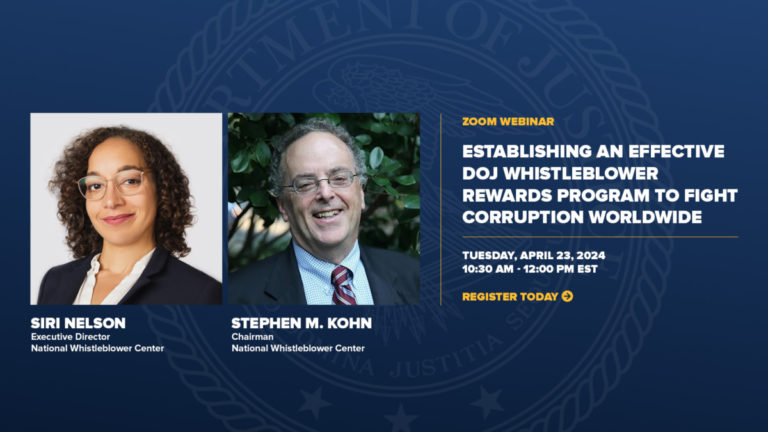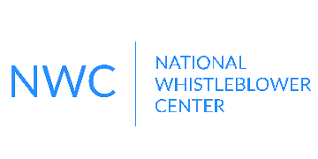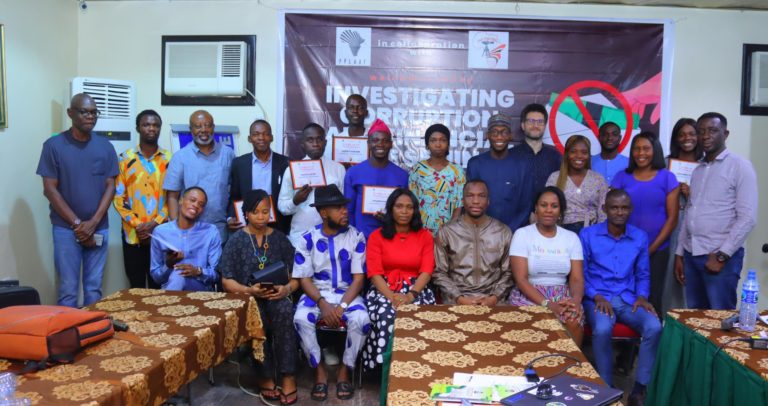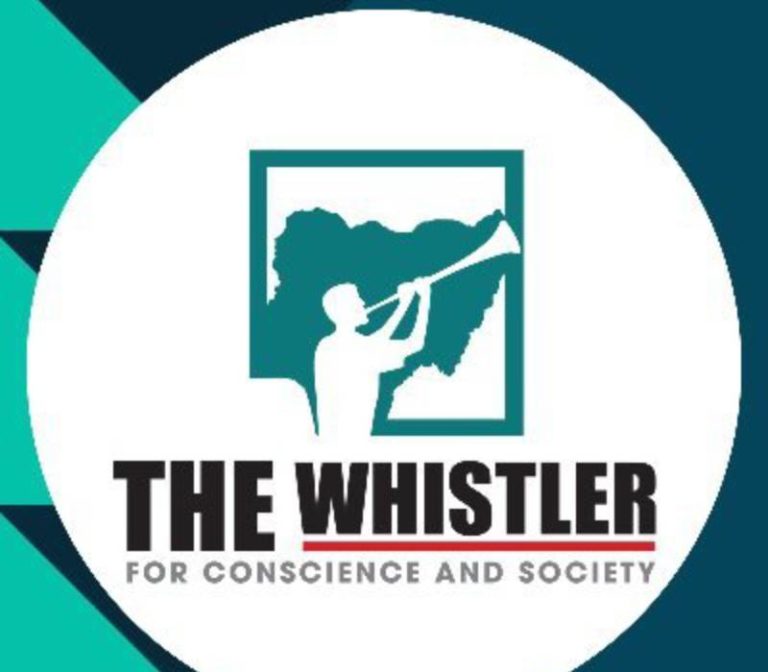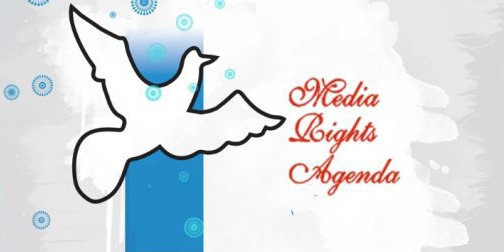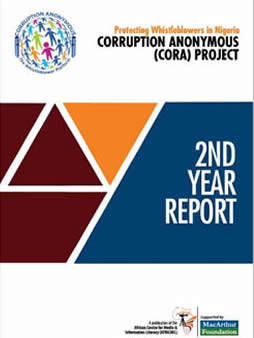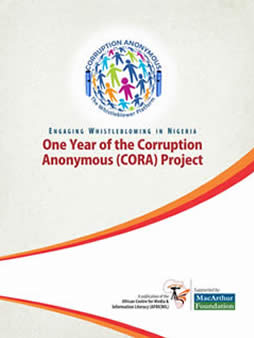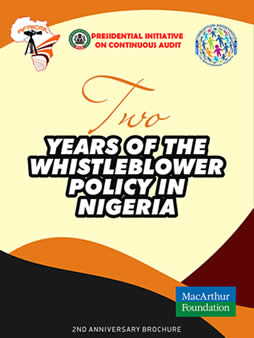By Clemens Mayr, Julie-Martine Loranger & Dominique Paiement
In 2002, following the explosion of the dot-com bubble, Time Magazine named three whistleblowers “persons of the year”. They included an internal auditor at WorldCom and a Vice President of Enron; both companies who collapsed after billions of dollars’ worth of accounting irregularities were revealed.
In 2008, during the recession following the collapse of the housing bubble, Bernie Madoff’s 65 billion-dollar Ponzi Scheme was exposed.
In March 2020, in the context of a global pandemic leading to another economic recession, Tim Bray resigned his position as Vice President and Senior Engineer at Amazon because he believed Amazon retaliated against whistleblowers who spoke out during the pandemic and voiced safety concerns.
History has taught us that economic recessions not only unfortunately encourage fraud but also cause existing unethical conduct to come to light. The COVID-19 pandemic has created an unprecedented global economic crisis and whistleblowing is, as expected, already on the rise.[1]
However, if adequately prepared, organizations will be able to handle this properly and mitigate associated risks, including reputational risks.
COVID-19 Pandemic: What to Expect?
The effects of COVID-19 are creating a “perfect storm” for fraud, wrongdoing, and corruption, as well as an increase of denunciation and whistleblowing. Indeed, we further discuss below, the global pandemic is an ideal context for fraudulent business and unethical and illegal practices.
So far, “Coronavirus whistleblowers” have been exposing: inadequate health system capacity, protection and delivery; public procurement problems; violations of health and safety and labor law; inequitable and ill-prepared global supply chains; unfair competition practices and market abuses; and large-scale violations of personal privacy rights.
When economic survival is threatened, the line separating what is acceptable and unacceptable can be blurred. The current pandemic and recession will result in a wide variety of opportunities for fraud and unethical conduct. Businesses and individuals alike will inevitably endure financial hardships, which in turn encourages misdemeanors in business. Additionally, with many individuals working from home and isolated, companies have less efficient internal control and supervision over their employees. We may thus see:
- Accounting “irregularities” or manipulation of financial statements;
- Challenging decisions made by management or Board within the urgency priority of the pandemic frame;
- Bending rules or ignoring compliance;
- Misuse of government funds;
- Failure to do what is right for the company or its stakeholders;
- Avoiding internal controls or exploiting their weaknesses;
- Data breaches and cybersecurity issues; and
- False claims for government aid and corruption.
In addition to Coronavirus-related fraud and whistleblowing, we also expect an uptick in whistleblowing related to pre-existing and ongoing unethical, illegal, or borderline business practices as the economic trauma reverberates across the economy and reveals underlying weaknesses that may previously have been overlooked or for which red flags had been ignored.
Why?
1. The global pandemic triggered significant government spending to combat the Coronavirus and its economic fallout
Governments are paying out trillions of dollars to combat both the coronavirus outbreak and its harsh economic fallout, in what appears to be the largest financial response ever to a single global crisis.
In order to keep up with the pace of the pandemic, governments from around the world are rushing to source food, face masks and ventilators, among other things, and are making speed and efficiency a top priority. There is a lack of competitive bidding and other safeguards as time is of the essence. Governments are also coming to the rescue of the unemployed and are making efforts and creating programs in attempts to restart the economy.
To summarize:
- Vast increases in government spending;
- Troubled businesses seeking rescue packages;
- Opening of new markets.
2. Financial hardship and frustration
The rapid and unprecedented economic downturn that is resulting from the global pandemic is leaving the workforce under extreme duress. Indeed, millions have found themselves unemployed or furloughed and many companies are struggling to stay afloat.
In addition to the foregoing, it is expected that several pandemic-related factors could encourage individuals and companies to engage in fraudulent activities and unethical business practices:
- Employees and managers may feel additional and exacerbated pressure to reduce costs and to meet goals;
- Distance from the workplace (due to working from home) creates a sense of security: “nobody is watching”;
- Financial hardship may incite individuals and companies to enter into illegitimate agreements involving kickbacks and foreign corruption;
- Urgent situations require quick action, which may in turn lead to limited transparency, foregoing of internal controls, and bending of compliance rules;
COVID-related factors may also incite individuals to report suspicious business practices or unethical behavior when they may have otherwise been less inclined to do so. For example, distance from the workplace may in some cases create a sense of security, confidence, and detachment for potential whistleblowers, as well as less fear of retaliation.
3. Regulators are urging individuals to report fraud and cracking down on misconduct
Regulators, such as the Autorité des marchés financiers, are raising awareness about fraud and the exploitation of difficult situations like the ongoing pandemic for economic gain.[2]
Their campaigns appear to be working; the U.S. Securities and Exchange Commission received approximately 4,000 complaints from mid-March to mid-May, a 35% increase compared to the same period the previous year.[3]
Are you ready?
Probably not. The pandemic is unprecedented and is not business as usual. The light at the end of the tunnel is absent and the current adequate whistleblowing processes and policies have probably never been challenged by factors such as the safety, urgency and economic turmoil we are living.
This unprecedented situation will undoubtedly raise many issues to be addressed by organizations’ senior management teams, who will have to react quickly to situations and determine how to best defend the best interests of the company and its stakeholders.
Failure to be sufficiently prepared could have detrimental effects long after the pandemic has been contained and the economy has begun to recover. It is imperative to ensure that adequate policies and procedures are in place now, so that your organization is in a position to address, track, report, and escalate whistleblowing claims in a timely and efficient manner. Organizations must also be prepared to face litigation and answer to regulators.
With the technology available today, reporting is and should be faster and easier than ever. The volume of reports will increase and whistleblowers will expect their concerns to be processed and acted upon promptly. In order to do so, management will have to be able to turn on a dime and address issues quickly.
Based on our many years of experience supporting our clients in both creating effective compliance programs and responding to whistleblower allegations, below are some insights and questions to consider in order to be well-prepared:
– Does the organization have a robust, up-to-date, dynamic whistleblowing action plan that is adapted to the current context?
– Does the action plan ensure that all complaints, whether they appear to be well-founded or not, are properly addressed, allowing the company to maintain control over the situation and do risk management?
– What is the proper procedure to follow when someone “blows the whistle”?
– Does the organization project an appropriate and compliant “tone at the top”? Has it been stated loudly and clearly enough in the current virtual reality most organizations still operate in?
– Does the organization foster a culture that encourages early reporting of issues, prompt and fair resolution and a non-retaliatory environment? Is it well-reflected in the organization’s operations and communications in the current context?
– Is the organization adequately encouraging internal reporting?
– Is the anonymity of whistleblowers ensured?
– How can problems, solutions, and opportunities be properly escalated to management and the Board of Directors?
– When and how should the organization self-report to regulators?
– Does the organization provide concrete steps for managers to consider as they look to bolster commitment to compliance, foster transparency, and avoid retaliation?
– Do employees feel connected and accountable?
Furthermore, organizations must ensure that investigations following a complaint are conducted in a neutral, independent, confidential manner, by a competent and specialized team with the necessary resources, including :
– The ability to conduct the investigation remotely;
– E-discovery capabilities;
– Ability to conduct interrogations; and
– Experience in conducting internal investigations and protection of privileges.
Whistleblowing will prove to be an essential tool for revealing abuses and irregularities as our society tries to manage and recover from the pandemic. It is reasonable to assume that in the current environment, regulatory investigations and civil litigation stemming from whistleblowing will increase significantly in the months and years to come. It is therefore imperative for organizations to ensure that they have adequately updated and adapted whistleblowing and compliance measures in place to properly handle and mitigate these risks.
Should you have any question concerning whistleblowing, please don’t hesitate to contact Miranda Lam (Vancouver), Shana Wolch (Calgary) Andrew Matheson (Toronto), John Boscariol (Toronto) and Julie-Martine Loranger (Montréal).
[1] Reuters, Armed with Whistleblower Tips, U.S. SEC Cracks Down on Coronavirus Misconduct, May 26, 2020 https://www.reuters.com/article/us-health-coronavirus-sec-whistleblowers/armed-with-whistleblower-tips-u-s-sec-cracks-down-on-coronavirus-misconduct-idUSKBN2321FI
[2]https://lautorite.qc.ca/en/general-public/media-centre/news/fiche-dactualites/lautorite-rappelle-aux-quebecois-limportance-detre-vigilants-face-a-la-fraude-financiere/
[3]https://www.reuters.com/article/us-health-coronavirus-sec-whistleblowers/armed-with-whistleblower-tips-u-s-sec-cracks-down-on-coronavirus-misconduct-idUSKBN2321FI
Source: https://www.mccarthy.ca/en/insights/articles/whistleblowing-global-pandemic-are-you-ready









